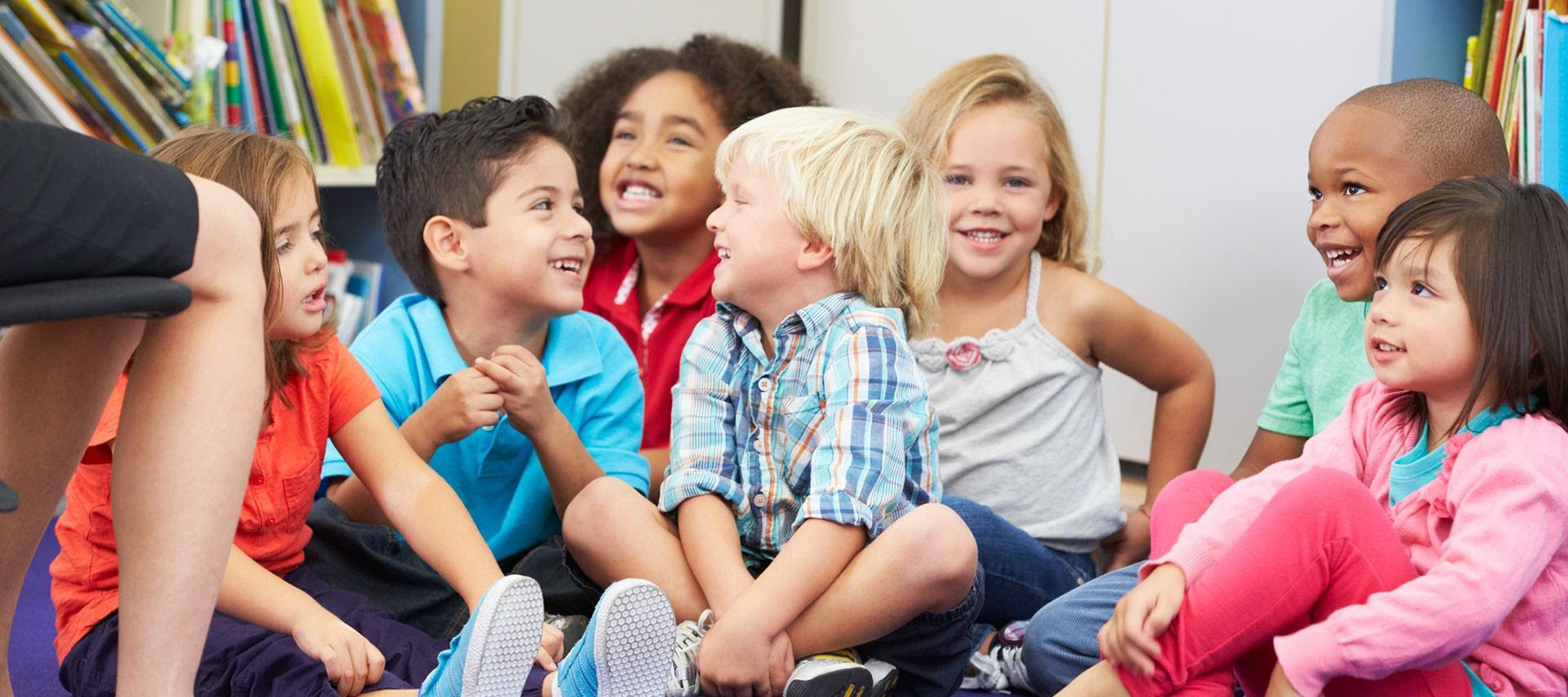In the vast tapestry of education, the early childhood stage emerges as the canvas where the first strokes of knowledge, curiosity, and socialization are painted. Early childhood schooling, often considered the cornerstone of a child’s educational journey, sets the tone for a lifetime of learning and development.

The Wonderland Begins: Understanding Early Childhood Schooling
Philosophical Foundations: Shaping Minds through Educational Ideals
Early childhood schooling is rooted in educational philosophies that emphasize the unique needs and capabilities of young learners. Philosophical foundations guide the creation of environments that foster exploration, creativity, and a love for learning.
Holistic Development: Nurturing Mind, Body, and Soul
Unlike other stages of education, early childhood schooling places significant emphasis on holistic development. It goes beyond academic knowledge to nurture physical, emotional, social, and cognitive aspects, ensuring a well-rounded foundation for future learning.
Building Blocks of Knowledge: Early Childhood Education Approaches
Play-Based Learning: The Serious Business of Play
Play is the language of childhood, and play-based learning forms the bedrock of early childhood education. Through imaginative play, children develop essential skills such as problem-solving, creativity, and social interaction.
Montessori Method: Cultivating Independence and Self-Discipline
The Montessori method, a time-tested approach, focuses on individualized learning and hands-on activities. It empowers children to be independent, self-disciplined, and intrinsically motivated learners.
The Role of Educators: Guiding Light in Early Childhood Schooling
Teacher as Facilitator: Nurturing the Spark of Curiosity
In early childhood education, teachers serve as facilitators of learning. They observe, guide, and create an environment that stimulates curiosity, allowing children to explore and discover the world around them.
Parent-Teacher Collaboration: A Partnership for Growth
Recognizing the significance of a child’s primary caregivers, early childhood educators actively involve parents in the learning process. This collaborative approach ensures continuity between home and school, creating a strong support system for the child’s development.
The Importance of Play: Unleashing Creativity and Imagination
Educational Toys: Tools for Cognitive and Motor Development
Play is not just a pastime; it is a powerful educational tool. Educational toys stimulate cognitive and motor skills, laying the foundation for future academic success.
Outdoor Play: Nature’s Classroom for Physical and Emotional Well-Being
Beyond the classroom walls, outdoor play becomes an integral part of early childhood schooling. Nature serves as a classroom, fostering physical activity, exploration, and emotional well-being.
Challenges and Solutions: Navigating the Landscape of Early Childhood Schooling
Inclusivity: Addressing Diverse Needs in Early Learning Environments
Creating inclusive early childhood education environments is a challenge that requires a commitment to recognizing and addressing diverse needs. It involves adapting teaching methods to accommodate different learning styles and providing resources that support a variety of abilities.
Technology Integration: Balancing Screen Time with Active Learning
In an era dominated by technology, finding the right balance is crucial. Integrating technology into early childhood education requires thoughtful consideration to ensure it enhances learning without overshadowing hands-on experiences.
Looking Ahead: The Impact of Early Childhood Schooling on Future Success
Long-Term Effects: The Ripple Effect of Early Learning Experiences
Research consistently demonstrates the lasting impact of early childhood schooling on future academic success, socio-emotional development, and even career achievements. Investing in quality early education is an investment in a brighter future.
Global Perspectives: The Role of Early Childhood Education in Shaping Global Citizens
In an interconnected world, early childhood education plays a vital role in shaping global citizens. Fostering cultural awareness, empathy, and a sense of responsibility, early childhood schooling contributes to building a more harmonious and understanding society.
Conclusion: Planting Seeds for a Lifetime of Growth
As we navigate the wonderland of early childhood schooling, it becomes evident that this phase is more than just a prelude to formal education. It is a crucial period of planting seeds, nurturing the soil for a lifetime of growth. Early childhood schooling is the magical garden where the roots of curiosity, the stems of creativity, and the blossoms of social skills intertwine, creating a strong and resilient tree of knowledge that will bear fruit for years to come.